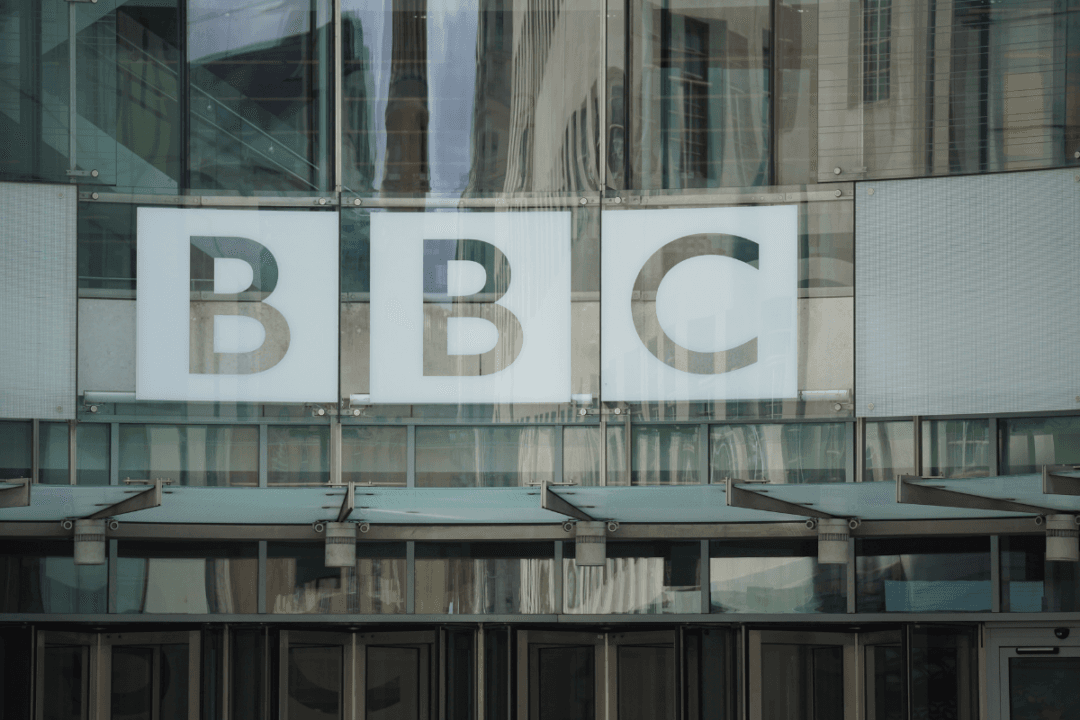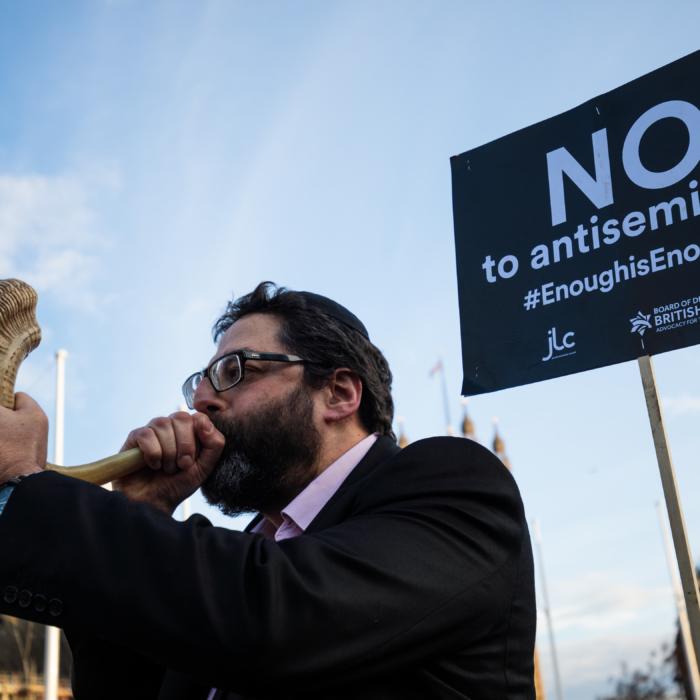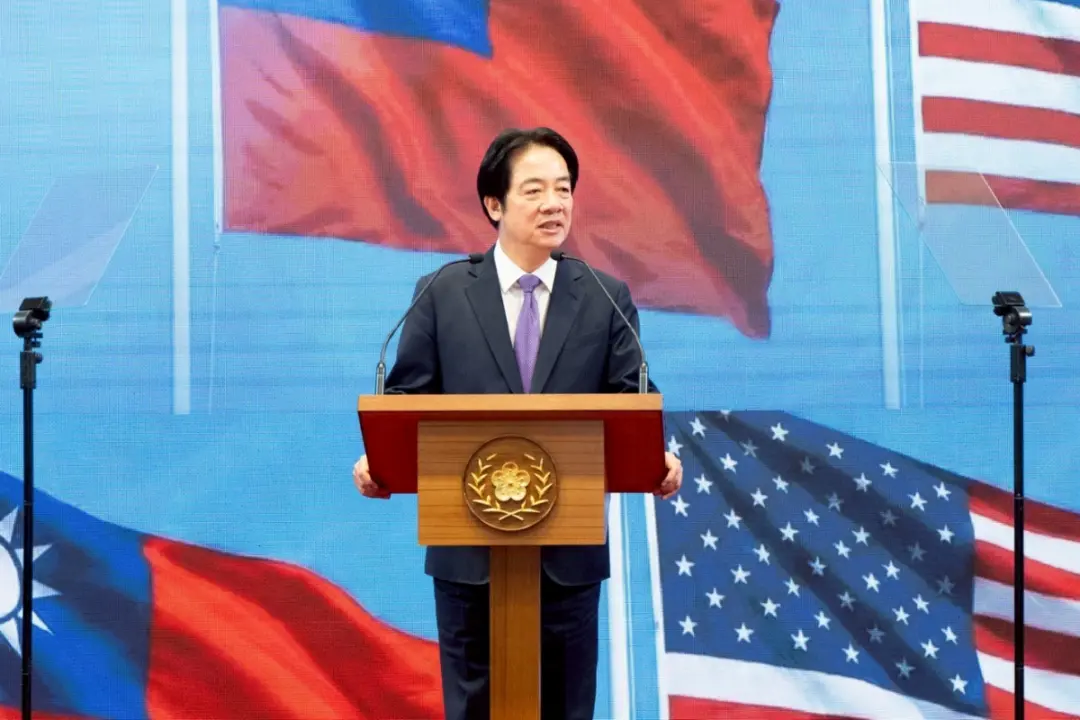A peer and former governor of the BBC has called for an inquiry into the broadcaster’s coverage of the Israel–Hamas war.
The independent cross bench peer said: “There have recently been two independent reports, one of which I co-signed, which pointed out in great detail mistakes and bias on the part of the BBC. There have been the most appalling statements on the BBC Arabic World Service by people who hate Israel.”
Deech, who was governor of the BBC between 2002 and 2006, then referred to a 2023 British BBC report that had falsely claimed an Israeli strike on the Al-Ahli hospital in the Gaza Strip had killed hundreds of people.
“It is time for an inquiry into the BBC’s impartiality on the issue,” Deech said.
Leader of the House of Lords and Lord Privy Seal Baroness Angela Smith said she was not going to grant that request, but said “all news outlets have a duty and responsibility to the truth.”
Responding to Deech’s comments, a BBC spokesperson said that the broadcaster “holds itself to high standards of impartial reporting and rejects any suggestion that our reporting does not convey the true nature of the situation in the Middle East, and its past, present and potential impact on people in the region.”
‘Institutional Bias’ Against Israel
Deech had co-compiled a report into the BBC’s coverage of the Israel–Hamas war with Danny Cohen, who was director of the BBC between 2013 and 2015.The review, published on Oct. 1, said that the BBC has made “false and damaging claims” about Israel’s conduct in its war with the Hamas terror group, producing coverage that demonstrates lax journalistic standards and “institutional bias against Israel.”
The report said that the BBC “repeating, legitimising and reinforcing entirely false claims“—such as those related to the Al-Alhi hospital—”directly caused unrest in some European and Middle Eastern countries, including serious arson attacks upon synagogues in Germany and Tunisia.”
The authors also criticised the broadcaster for routinely quoting fatality and injury figures from the Gaza Health Ministry without highlighting the organisation is run by Hamas, and that these figures are unverifiable and include thousands of terrorists.
“Whenever the corporation is faced with the choice of whose account or narrative to believe, it seldom points in Israel’s direction. For Hamas in this war, proof is rarely necessary. For the IDF [Israel Defense Forces] and Israel, proof is rarely enough,” they said.
Rise in Anti-Semitic Incidents
Deech’s call for an inquiry came during a debate on the anniversary of the Oct. 7 attack, which saw 1,200 Israelis killed and 250 kidnapped.The charity said when conflict occurs in Israel, there is usually a spike in anti-Jewish hatred. However, it said that Oct. 7 was “unprecedented,” with incidents “flooding in before Israel’s military retaliation.”
Some 13 percent of younger people said they do not believe reports that Hamas killed 1,200 people last October, and 16 percent responded that they believe the terror attacks were justified. More than one-eighth (13 percent) of young Britons think it was wrong of the government to classify Hamas as a terror group.
The CAA found that the rates of support for the terror group from 18- to 24-year-olds are at a higher proportion than the population as an average, which they said points to “frightening trends of radicalism” among young Britons.







